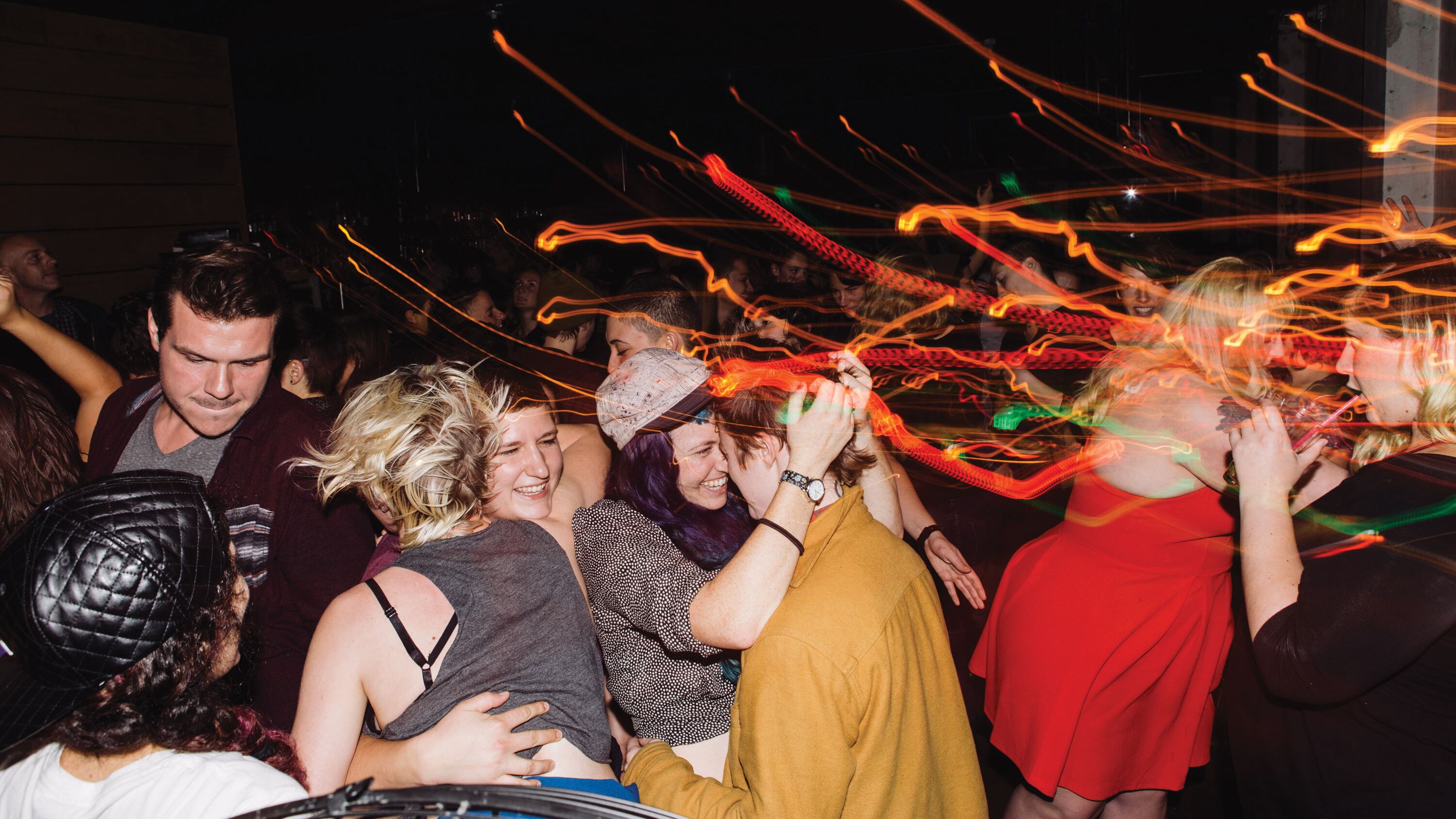If it seems the LGBTQ acronym is adding new letters, it is.
In recent years, mainstream culture has recognized new sexual identities and gender expressions. As those identities multiply, so do the words to describe people's experiences.
Below is a glossary of words commonly spoken on college campuses that may sound foreign to Grandpa's ears—or yours. (Sources: Portland State University Queer Resource Center, the TransAdvocate, GLAAD.)
Allied: A person who supports LGBTQ people.
Asexual: A person who does not experience sexual attraction to others and/or does not experience interest in sex. Some asexual people may still engage in sexual activity.
Bisexual: A person who is emotionally and sexually attracted to members of more than one gender.
Cisgender: A person whose gender identity is the same as the gender they were assigned at birth.
Intersex: A person born with ambiguous genitals, reproductive organs or hormones. Intersex replaced the out-of-date term "hermaphrodite."
Non-binary: A term used by some who experience their gender as falling outside the categories of man and woman. May also be called "genderqueer."
Pansexual: A person who is attracted to members of all genders. Some pansexual people may also call themselves "gender blind," meaning gender plays no role in their attractions.
Queer: A derogatory slang term used to identify LGBT people that is now embraced and reinvented as a positive identifier when used by LGBTQ people about themselves.
Transgender: An umbrella term for people, behaviors and expressions that transgress society's view of gender as fixed and flowing from one's biological sex.
Trans man: Assigned female at birth but identifies as a man.
Trans woman: Assigned male at birth but identifies as a woman.
